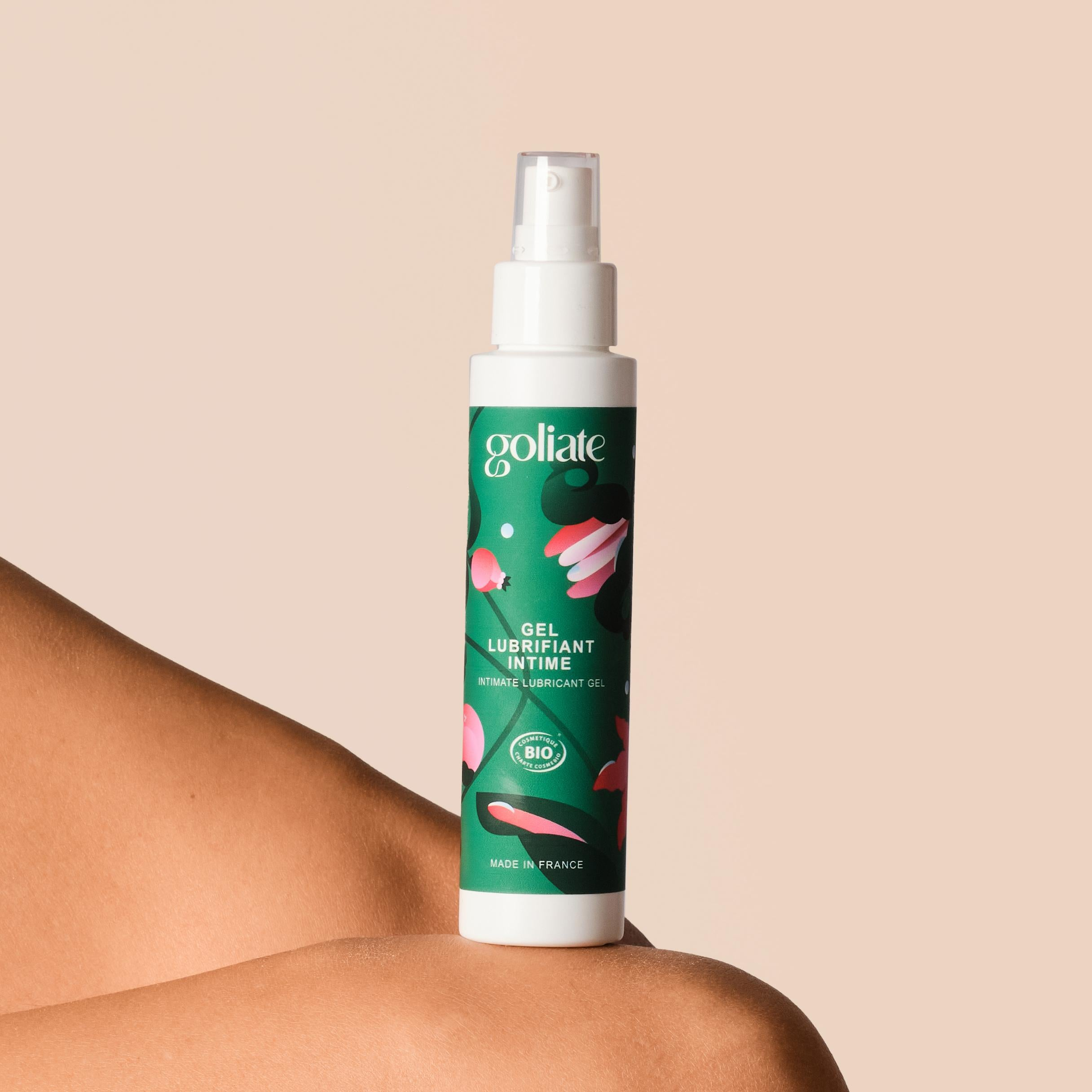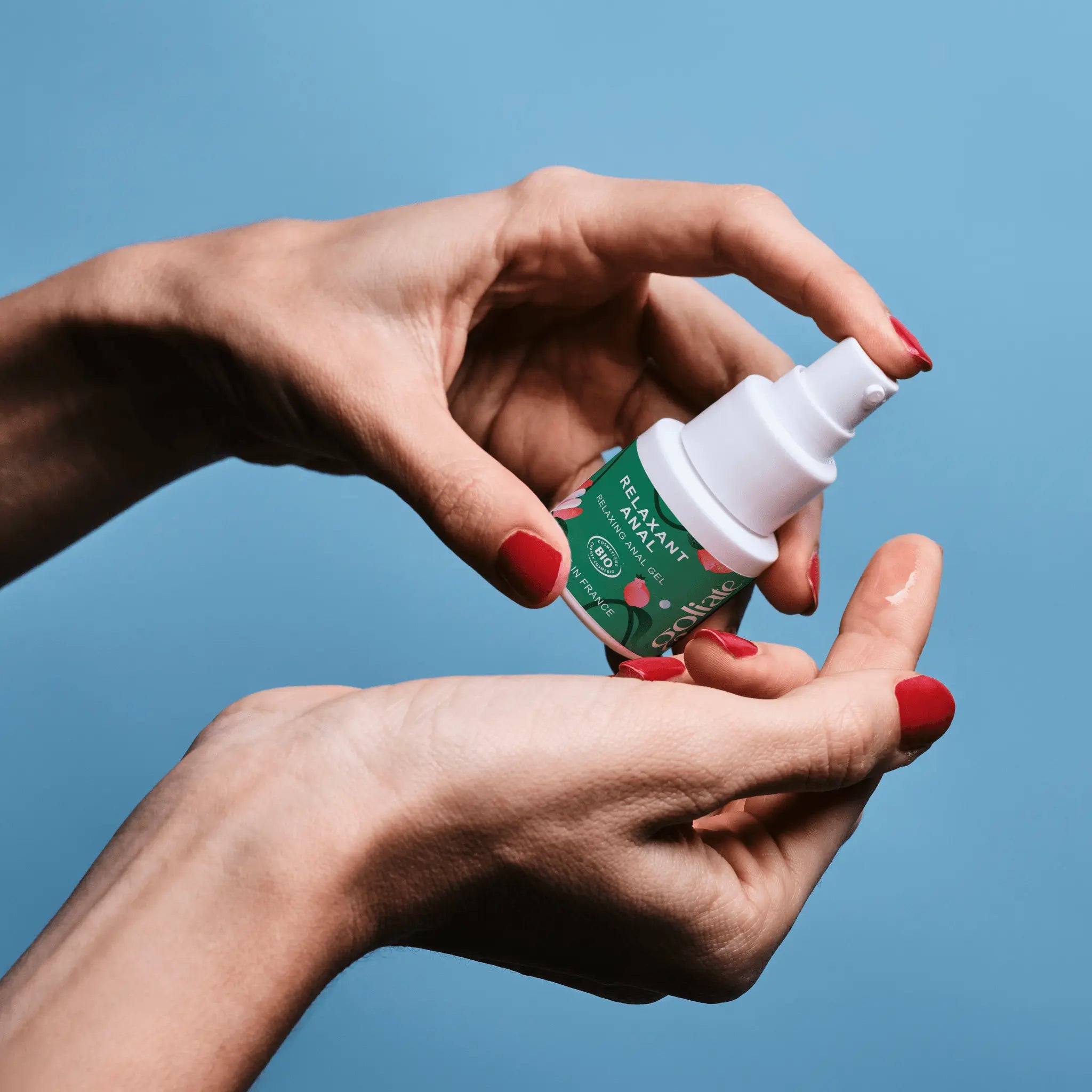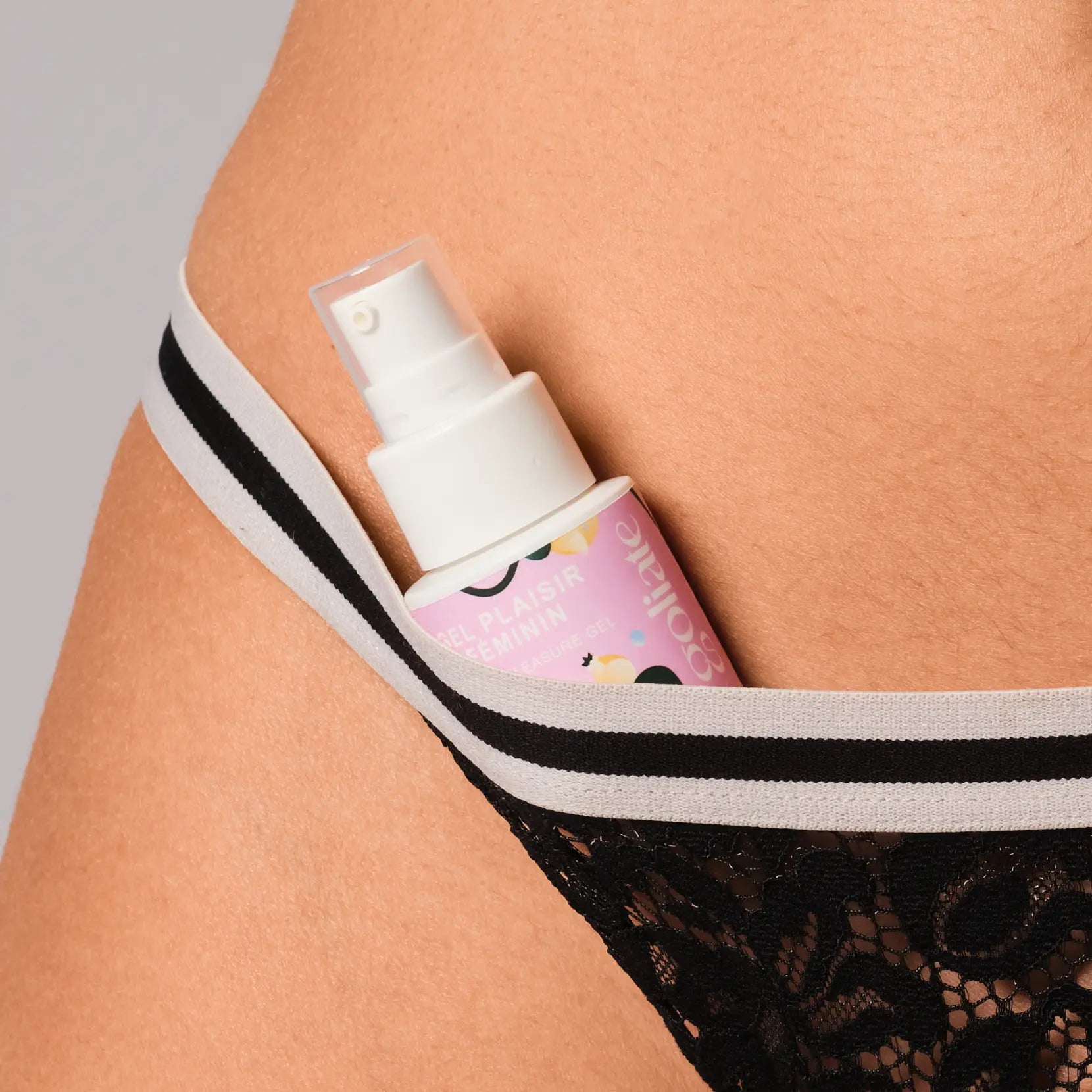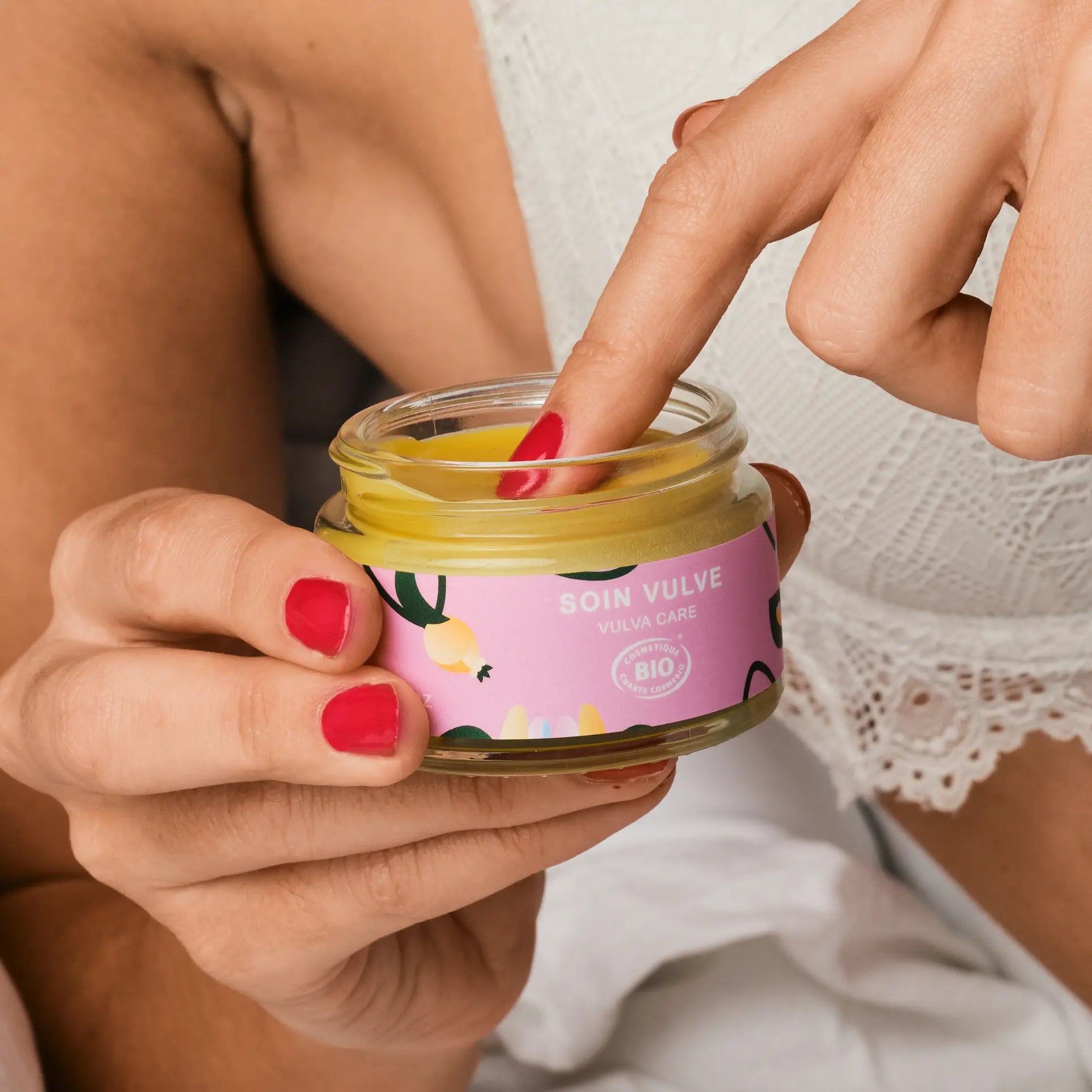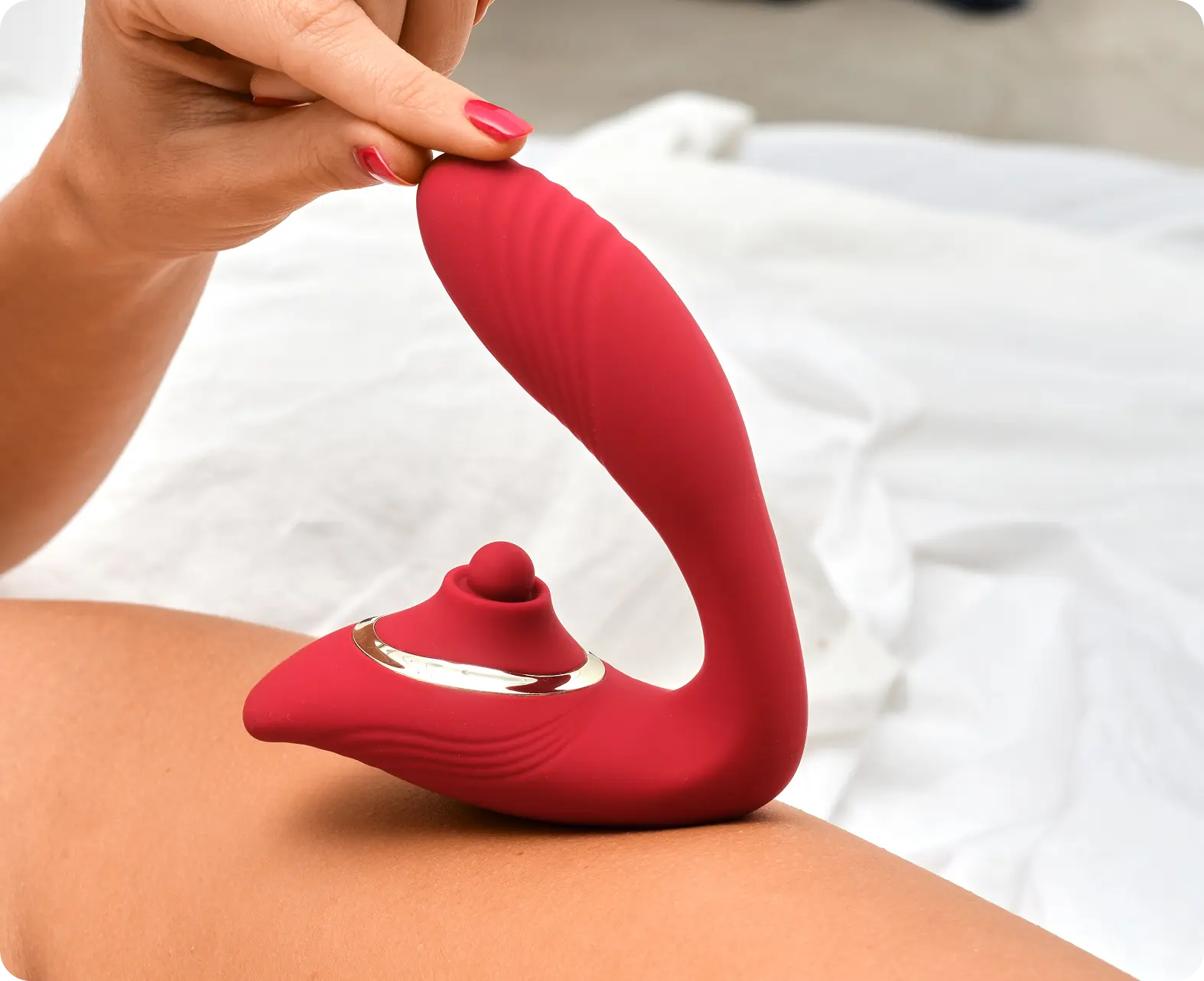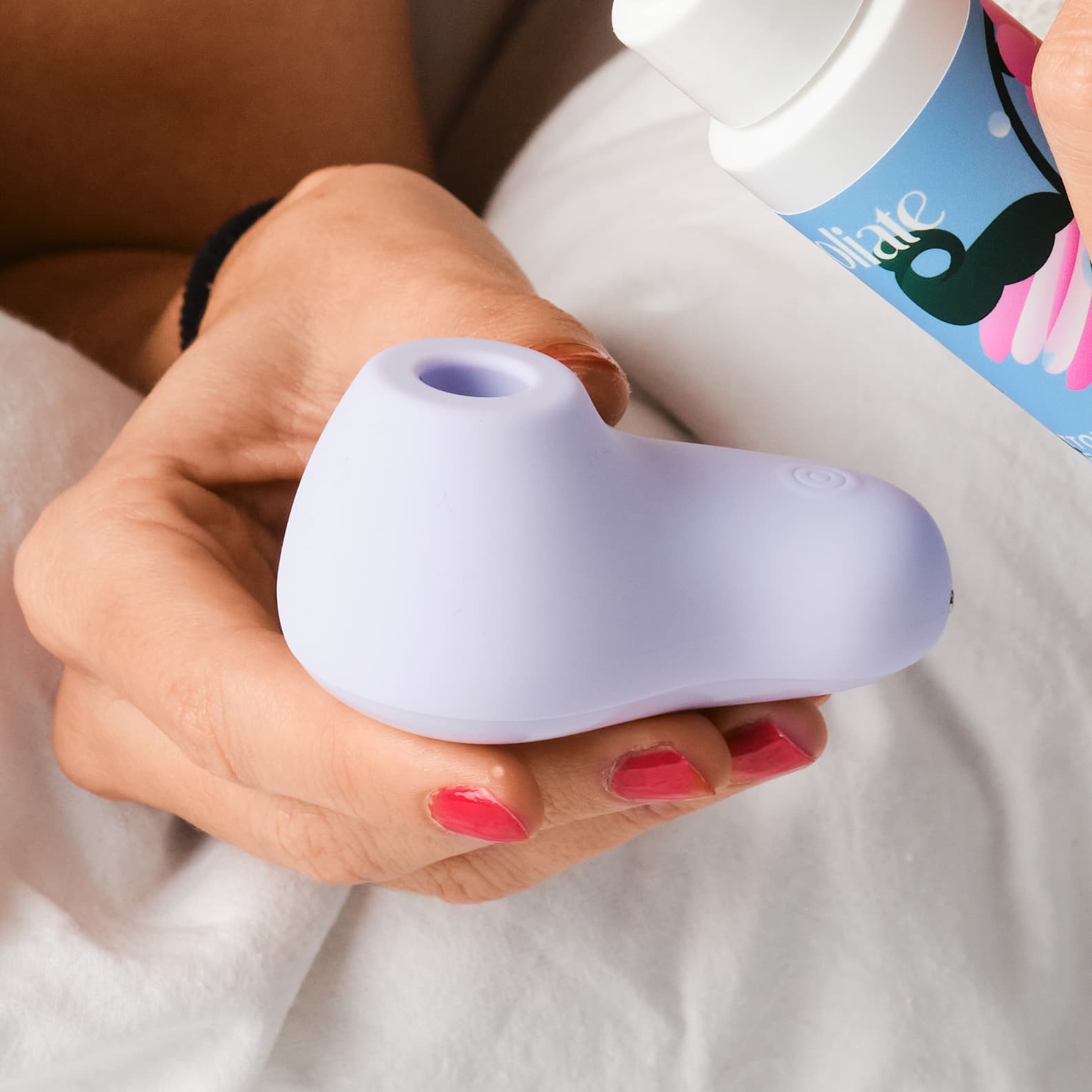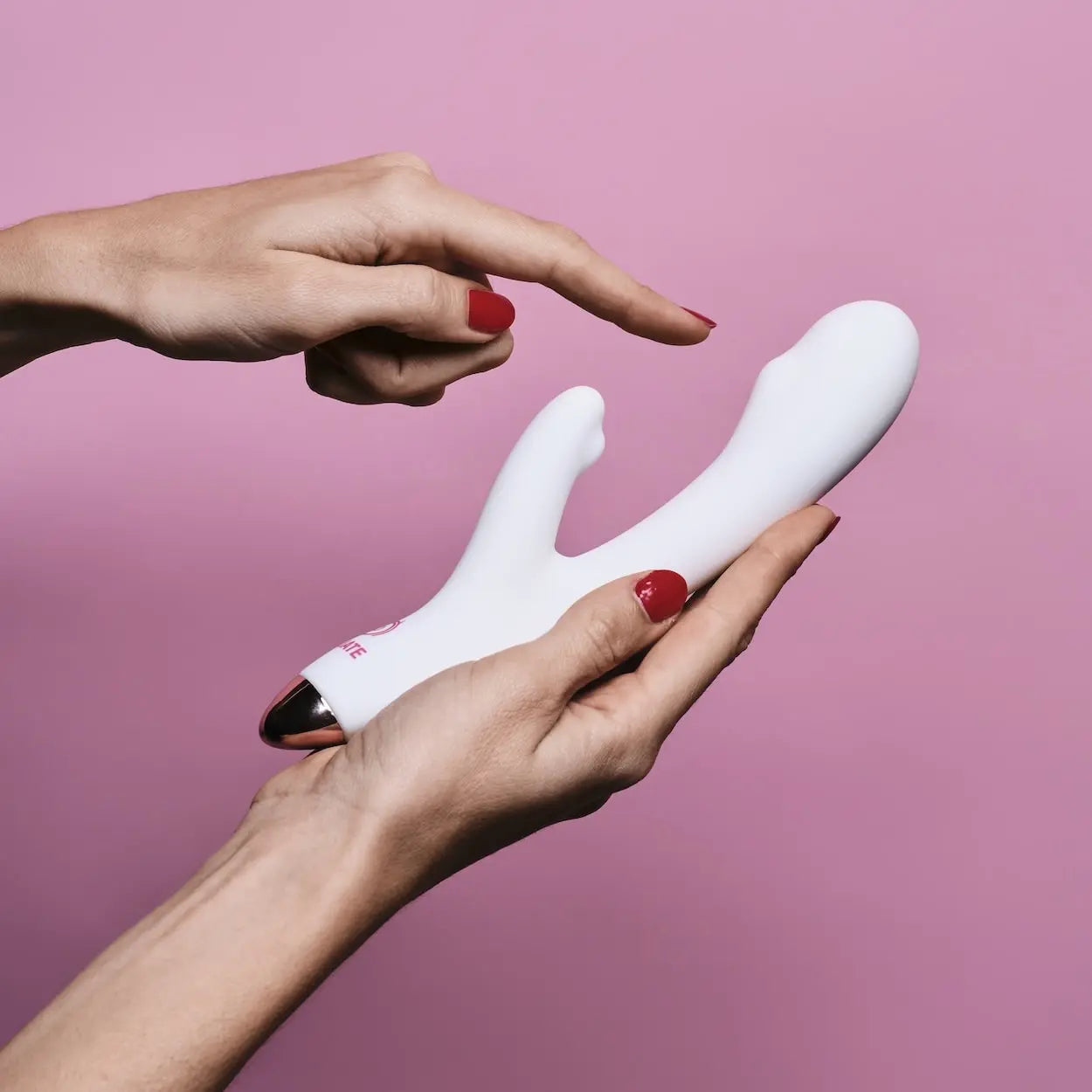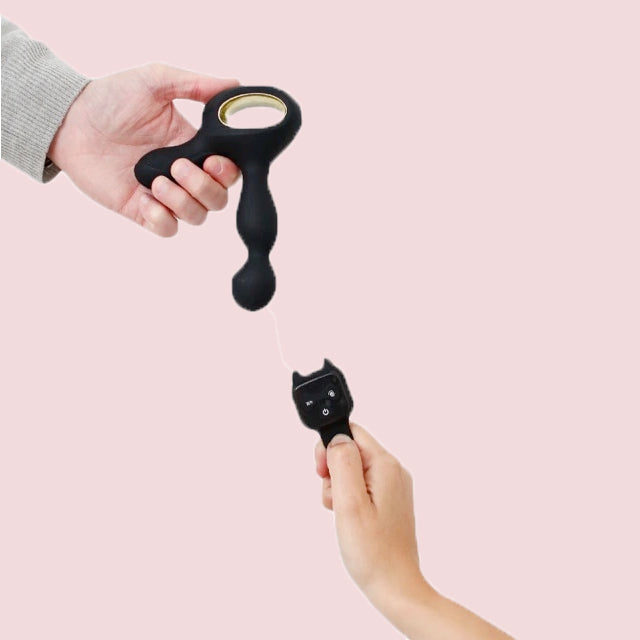Libido is what allows us to have desire, since the definition of libido is exactly “the pursuit of sexual pleasure.” But what happens when our desire seems to wane for no apparent reason? This phenomenon, much more common than we think, deserves special attention to understand all its subtleties.
In this article, we'll explore the many facets of libido, from its influences to its variations, to provide you with essential keys to understanding. We'll discuss why and how libido sometimes fails us, and where it comes from. We'll also share some secrets for improving your libido and exploring the use of sex toys, as well as other moments dedicated to your partner's desire.
How does libido work?
Libido is simply sexual desire. Like any aspect of our health, it is subject to fluctuations that can be influenced by a multitude of factors. Recognizing that these fluctuations are normal is the first step in approaching the subject without judgment and with openness.
Libido is a key indicator of our overall well-being. It is closely linked to our physical, mental, and emotional health. A decrease in libido can sometimes signal other underlying issues, whether physical, such as hormonal imbalances, or psychological, such as stress or anxiety. Therefore, it is essential to approach it carefully and understand its causes to maintain or regain a satisfactory balance.
Talking openly about libido as a couple is crucial because it demystifies sexuality-related issues and encourages individuals to seek help and solutions. In a society where the subject can still be taboo, providing accurate information and supporting open discussion contributes to better sexual health for all.
Factors that influence libido
Libido can be influenced by a variety of psychological, physical, and relational factors, which can then impact our sex lives.
- Hormones: Hormonal fluctuations, whether due to the menstrual cycle, menopause, or other medical conditions, can have a profound impact on libido.
- Physical health: Health conditions such as chronic illness, fatigue, or taking certain medications can reduce sexual desire.
- Sleep: The quality and quantity of sleep have a direct impact on libido. Lack of sleep can reduce energy levels and increase stress, while sufficient, restorative sleep can improve sexual desire.
- Diet and exercise: A balanced diet and regular exercise routine promote good overall health and, by extension, better sexual health. Both obesity and poor nutrition can negatively impact libido.
- Emotional state: Stress, anxiety, and depression are among the main culprits of low libido. Mental health plays a crucial role in regulating sexual desire.
- Self-esteem and body image: How we perceive ourselves can influence our interest in sex. A positive body image is often linked to a higher libido.
- Relationship dynamics: The quality of the emotional relationship and communication with your partner are fundamental. Unresolved conflicts, a lack of connection, or a lack of novelty can all contribute to a decrease in libido.
- Sexual satisfaction: Previous sexual experience, whether gratifying or dissatisfying, can also influence future desire.
Understanding the root causes of low libido is the first step in addressing the problem: if you know why you have less desire for your partner, you'll be able to more easily know where to start to change things.
If you experience persistent low libido, we still encourage you to consult a healthcare professional for a complete evaluation.
How to manage a drop in libido in your relationship?
A low libido isn't just a personal change; it profoundly affects the dynamics of a relationship. Understanding how it impacts the relationship can help partners navigate this challenge together, strengthening their bond.
Knowing how to communicate with your partner
Low libido can lead to misunderstandings and frustrations in a relationship. It's crucial for partners to maintain open and honest communication to express their feelings, concerns, and desires without judgment. This helps prevent resentment and allows them to work together to find solutions.
Encouraging regular discussions and using assertive communication techniques can improve mutual understanding. For example, dialogues focused on emotions and needs, rather than criticism, foster a supportive environment.
Managing the couple's expectations
It's important to adjust expectations regarding the frequency and intensity of sexual interactions . We're all different, so there's no set schedule for how often we should have sex. Some people may want to have sex every day, while others may be satisfied with sex only twice a month. It's all about finding a happy medium that works for both partners.
Below we detail ideas for things to put in place to encourage communication and desire.
Spice up your life as a couple to tickle your libido
Testing new things
Introducing new experiences to break the routine definitely helps spice up your libido. If you're new to sex toys , we recommend starting with "soft" sex toys:
- Rabbit Vibrators : Recognizable by their design with a rabbit-shaped extension for clitoral stimulation, these vibrators offer dual stimulation—internal and external—simultaneously, making them particularly appreciated for their complete and intense sensations. This is the case with our sublime MyPleasur Plus.
- Clitoral vacuums: These sex toys use pressure waves to create a suction sensation around the clitoris, simulating the effect of oral sex. They're perfect for those looking for gentle, highly targeted clitoral stimulation. If this sounds like you, you need to try The Amazing, the clitoral vacuum from Goliate.
- Geisha Balls : Originally used to strengthen pelvic muscles, these small balls inserted into the vagina stimulate through gentle muscle contractions as they move, ideal for improving muscle tone and intensifying sensations during sexual activity.
Practice foreplay well
Re-emphasizing foreplay can significantly increase libido. Taking the time to build arousal with gentle new practices like simple intimate caresses or humping before intercourse can transform the sexual experience, making it more satisfying for both partners.
Pay attention to the sexual atmosphere
Ambiance plays a crucial role in boosting libido. Creating a sensual environment with soft lighting, soothing music, and pleasant scents can help you relax and put yourself in the right frame of mind for intimacy.
Knowing how to communicate these desires
Openly discussing fantasies and desires can strengthen connection and trust between partners. It also helps ensure both partners are on the same page about their expectations and boundaries.
Where to start to recreate communication as a couple?
Planning evenings for 2
Organizing themed evenings, such as a romantic weekend or an erotic evening, can add an element of play and novelty to your relationship. Sometimes, even just taking the time to plan a romantic dinner can do a lot of good for your shared sexuality.
Participate in workshops on sexuality
Participating in sexuality workshops or seminars can be a great way for couples to learn new techniques and better understand sexual dynamics. These educational sessions can also offer tools to improve communication and sexual satisfaction.
Have a massage evening for two
Getting sexy massages can be a great way to increase libido because they promote intimacy and relaxation, reducing stress and tension that can inhibit sexual desire. These massages also enhance the emotional connection between partners, creating an environment conducive to spontaneity and desire.
Enjoy romantic getaways
Planning romantic getaways or vacations can break the routine and rejuvenate your relationship. Choosing destinations that encourage intimacy and offer new experiences can revitalize your relationship and, by extension, your libido.
Some apps like Staycation even allow you to book luxury hotels at discounted prices during off-peak hours! A great find.
Meet sexuality professionals
If personal efforts and communication aren't enough to resolve the challenges of low libido, it may be beneficial to consult a couples therapist or sex therapist. These professionals can offer outside perspectives and tailored strategies to help you navigate this difficult time together.
A drop in libido is not permanent!
Remember that libido naturally fluctuates throughout life. Giving yourself permission to explore, discuss, and experiment can often unlock doors you thought were closed.
Whether it's simple daily adjustments or more in-depth approaches like consulting a specialist, every step is a step toward a more fulfilling balance. Your well-being is our priority, and our mission is to support you in your quest for a fully satisfying sex life. Explore, dare, and above all, take care of yourself!

